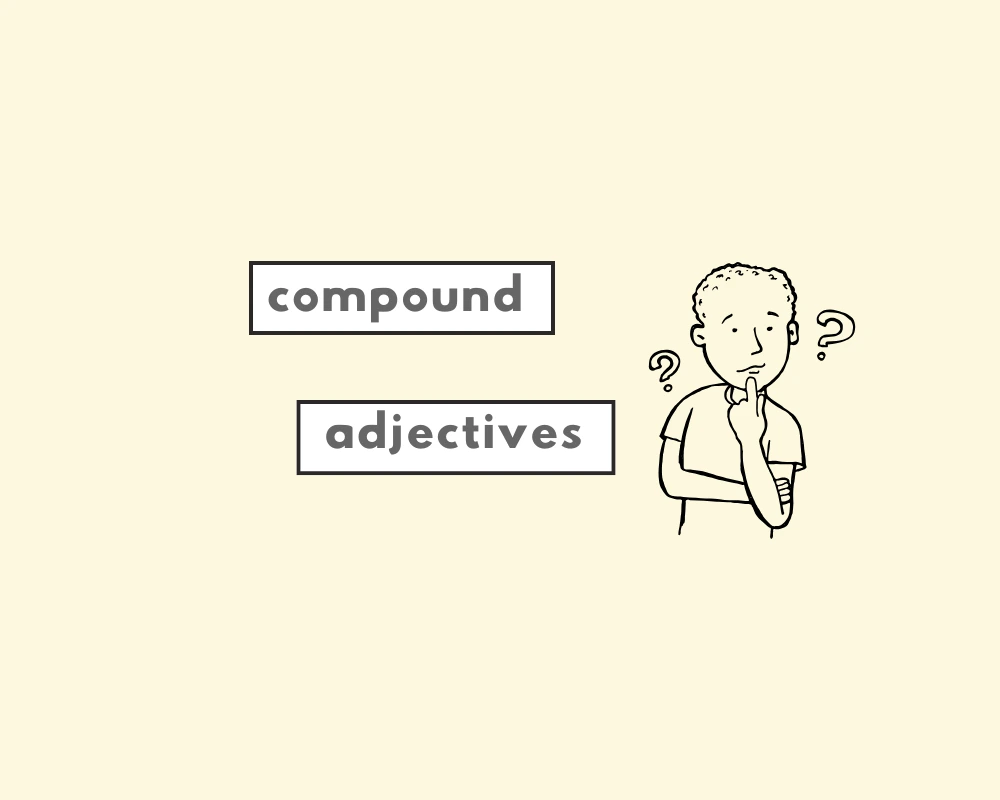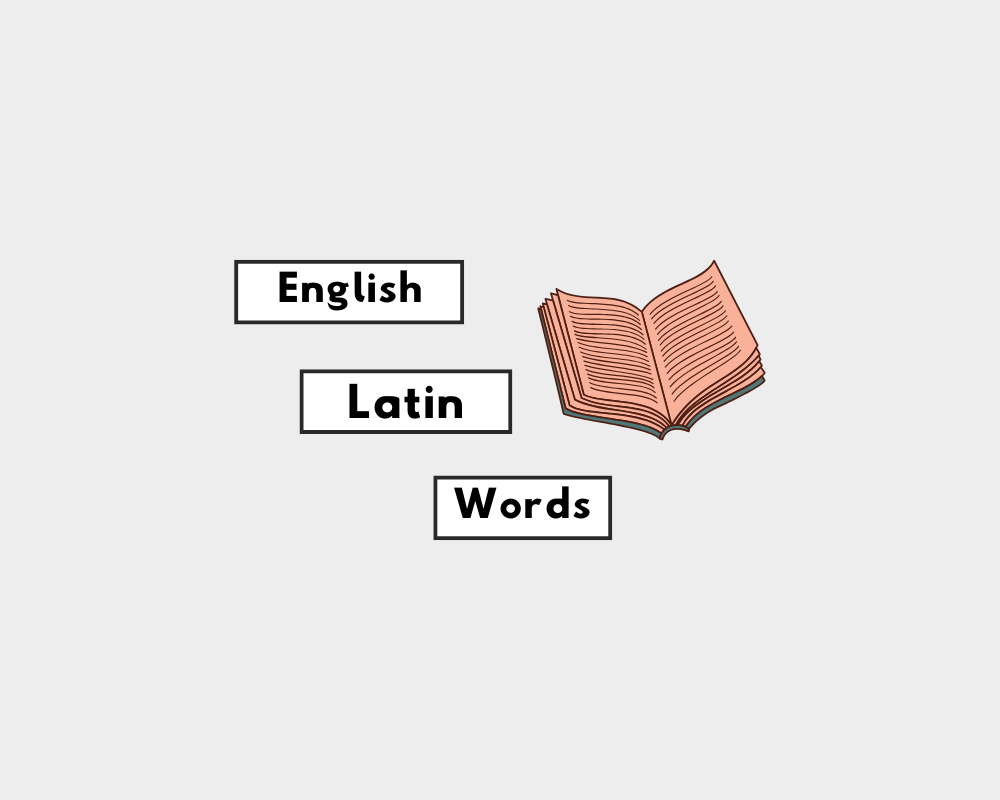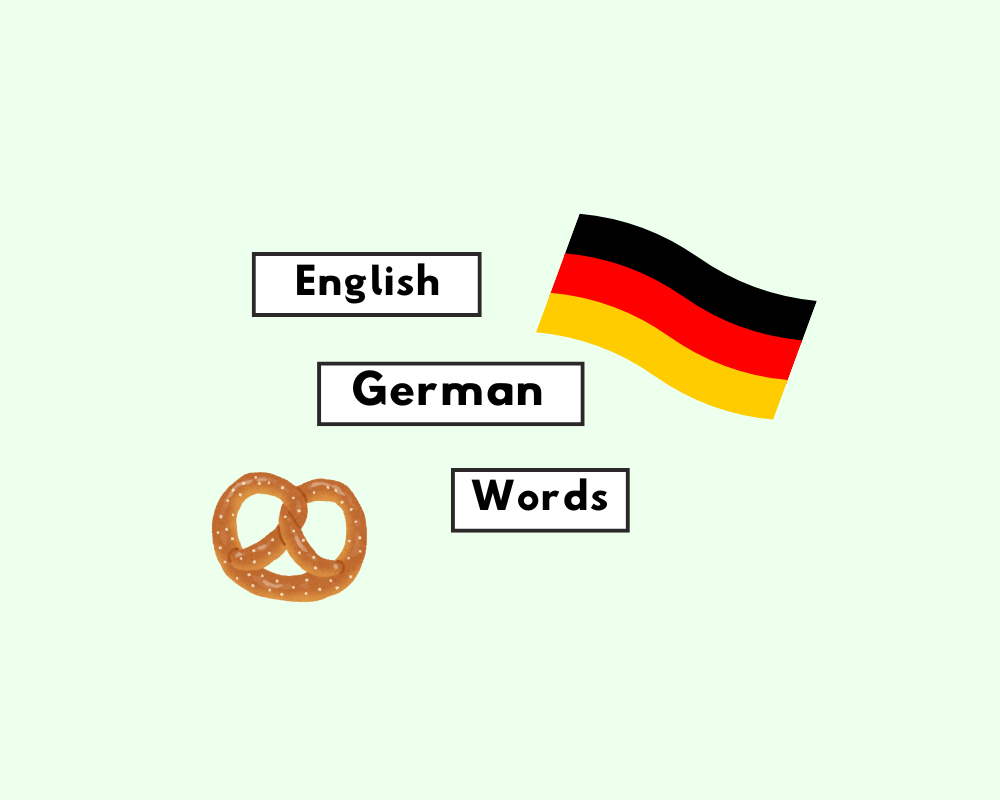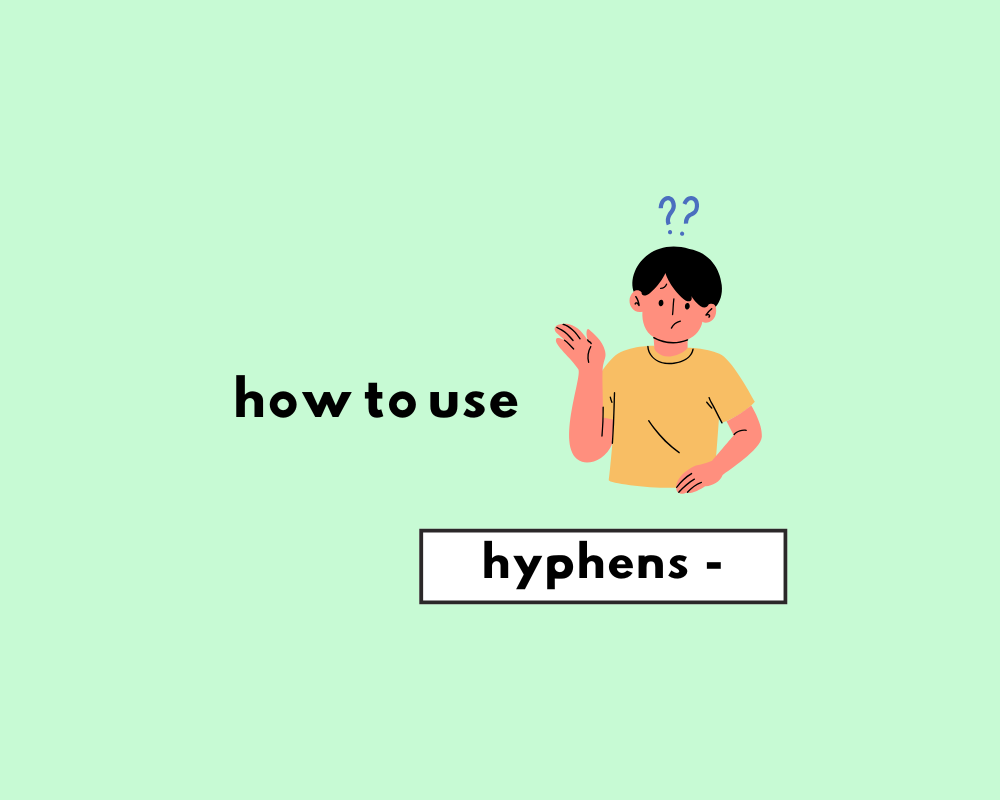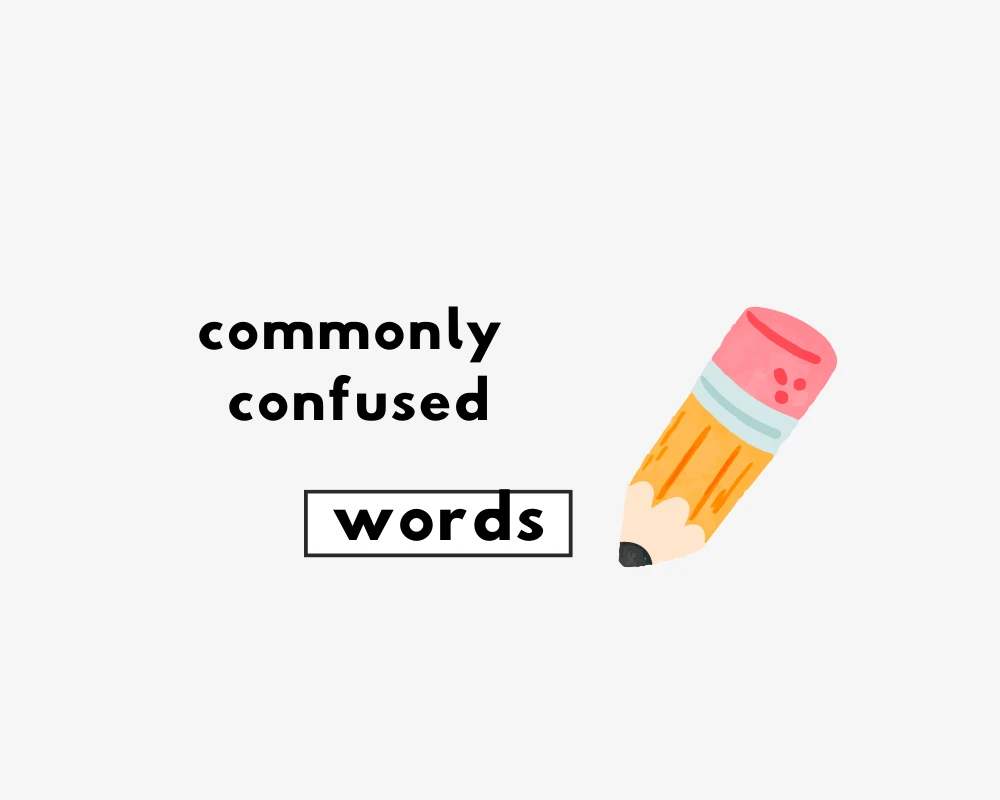
Grammarflex blog
English grammar lessons
in plain English.
Maybe you saw a hilariously awful English grammar mistake, and now feel the need to triple-check before sending that text. Whatever the reason, and before purchasing that Grammarly subscription (not that we’re against it) but we encourage learning. So, take a moment and peruse the Grammarflex Knowledge Base.

